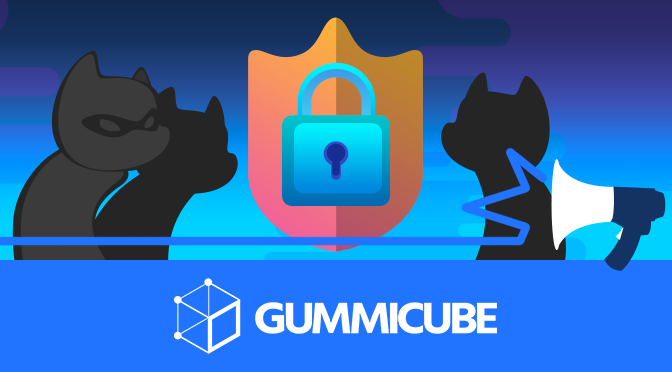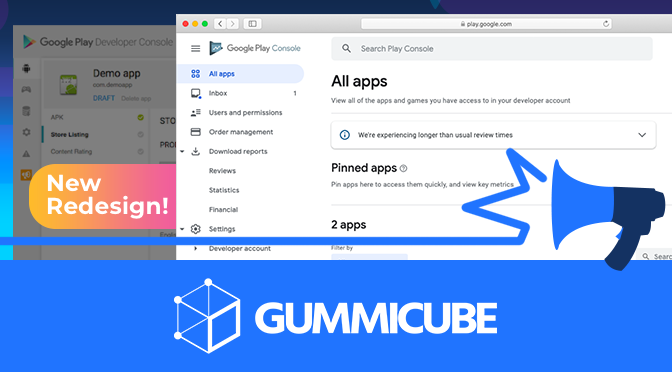
App Store Holiday Schedule 2020
Posted on November 23rd, 2020
When is the App Store Holiday Schedule 2020? Learn about the dates of this year's shutdown and how to prepare.

Subscriptions are a key source of income for many apps, as well as for Apple. Customers have spent over $10.6 billion in subscriptions over the course of 2017, and developers want a piece of that profit. As such, Apple has been encouraging the growth of subscription apps. In addition to encouraging developers to add subscription prices, the company is expanding its app bundle offerings to include apps that offer subscriptions. Simultaneously, there is a rising problem of developers using misleading offers of their subscription services to fleece users, and Apple must crack down on that as well.
Apple recently expanded its app bundle offerings to include subscription apps. With it, developers can offer subscriptions to multiple apps at once, bundling them together at reduced prices per subscription. This is good news for developers, who can use it to drive subscriptions. If they bundle a subscription to a lesser-known app or service with a popular one, they can boost visibility and downloads for the latter without compromising the former.
For every app with a useful subscription service, there are more trying to mislead users with the nature of their subscriptions. Some apps trick users into signing up for expensive plans and automatically renew them, but Apple has begun taking action. While many apps offer subscriptions for legitimate subscription services, such as Netflix’s video subscription service, there are also apps that offer simple utilities or infrequently-used services, such as transcription services or document scanners. Customer complaints for these apps vary in how they feel misled, but the end result is the same. Some apps offer free downloads, but prompt users to subscribe with annoying frequency or lock out all but the most basic of services without a subscription. Others find sneaky ways to make users agree to subscribe without even realizing it, such as ending the free trial after three days and automatically charging for subscriptions with little or no warning of the free trial period length or recurring nature of the subscription. In response, Apple has begun cracking down on apps that attempt to mislead users on subscriptions. Several apps have been taken down for going against business guidelines like 3.1.2, which covers the subscriptions. Specifically, these apps are in violation of the rule that states: “Auto-renewing subscription apps may offer a free trial period to customers by providing the relevant information set forth in App Store Connect. Apps that attempt to trick users into purchasing a subscription under false pretenses or engage in bait-and-switch practices will be removed from the App Store and you may be removed from the Apple Developer Program.” Apple warns developers that “Deliberate disregard of the App Store Review Guidelines and attempts to deceive users or undermine the review process are unacceptable” and “Continuing to violate the Terms & Conditions of the Apple Developer Program will result in the termination of your account, as well as any related or linked accounts, and the removal of all your associated apps from the App Store.” While this will stop many of the apps trying to trick subscribers, users should still be aware and be careful when downloading apps that offer free trials or subscriptions.
In spite of the scams, Apple has been pushing hard to encourage subscription models. In 2017, the company held a meeting with developers to encourage adding subscriptions. In 2016, it lowered its revenue cut from subscriptions that have been active for over a year from 30% to 15%, encouraging developers to keep users subscribed for extended periods. Yet still, only about 20% of app developers have adjusted their apps or services for subscription prices. Of that 20%, slightly over half have said it had a positive impact, while 11% don’t think it’s worth it. The remaining users are still undecided. Those who have had positive experiences with offering subscriptions through their apps have reported different benefits, including revenue increases, more users or better user relations. Not every app is right for a subscription service, though; an app must offer ongoing value, both to follow the subscription guidelines and for users to consider subscribing. While apps like Netflix or Pandora can offer subscriptions due to the value of the services they offer, if a free app with a focus on user-generated content like Instagram began requiring a subscription, many users would likely leave for better alternatives.
Apple is trying to make it easier for app developers to offer subscriptions while simultaneously dealing with apps that use subscriptions to trick or scam their users. It can be a tricky balance to maintain, but it also demonstrates the value Apple places on a positive user experience, while also capitalizing on the revenue that app subscriptions provide developers and the App Store alike. The expanded app bundles can be beneficial for app developers and their App Store Optimization, as bundled apps can increase visibility and downloads for apps within it. An unpopular app can gain more visibility and downloads if bundled with an app with a good ASO foundation. This will improve its own rankings and help boost the overall rankings and visibility for all the apps in the bundle. Of course, it’s also essential that the apps follow ASO best practices to find users in the first place. An optimized app will not only be easy to find in the App Store but will let users know how the app can help them and why they’d want to subscribe in the first place. Developers must also closely adhere to Apple’s guidelines, including those for subscribing and auto-renewing options. Apps in violation of the guidelines will be may be rejected or removed from the App Store, which will have a negative impact on their overall ASO strategy. Want more information regarding App Store Optimization? Contact Gummicube and we’ll help get your strategy started.

When is the App Store Holiday Schedule 2020? Learn about the dates of this year's shutdown and how to prepare.

Apple's App Store Guidelines have strict privacy requirements. Developers now must provide information to users on the App Store listing regarding the data they access.

The Google Play Developer Console has been updated with a new design and adjusted tools. What's different, and how will it impact App Store Optimization?